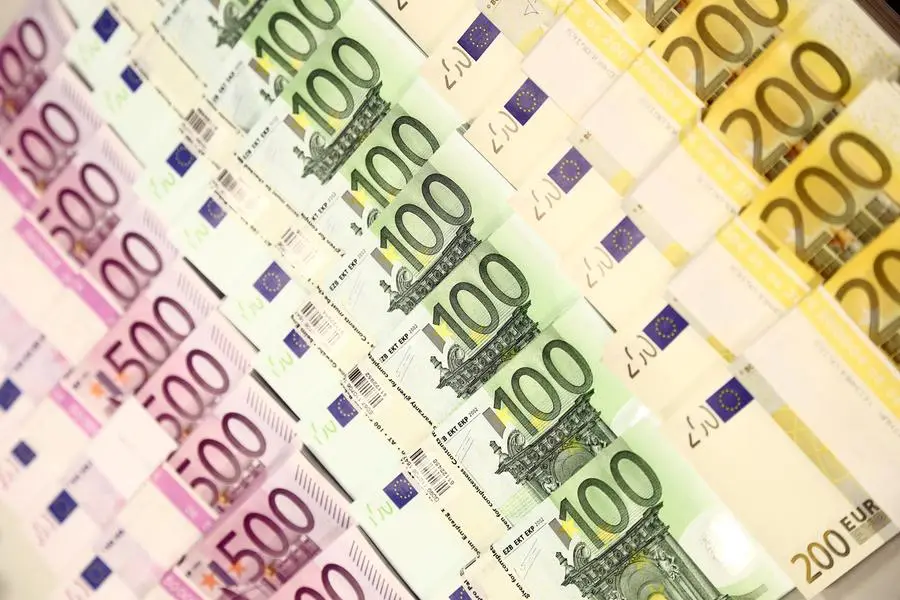PHOTO
Euro zone government bond yields edged lower on Tuesday after the Reserve Bank of Australia (RBA) slowed its pace of rate hikes amid expectations the European Central Bank might take a more cautious policy stance.
Concerns about a further economic slowdown and potential systemic risks due to the impact of higher rates on most indebted countries triggered a correction of bets on terminal rates since the release of euro area inflation data last week.
Australia's central bank on Tuesday surprised markets by lifting interest rates by a smaller-than-expected 25 basis points, although it added that further tightening would still be needed.
Germany's 10-year government bond yield, the bloc's benchmark, dropped 2 basis points (bps) to 1.875% after hitting its lowest since Sept. 22 at 1.83%. It reached its highest since end-November 2011 on Tuesday last week at 2.352%.
"The sight of a bond rally when investors smell a whiff of a central bank pivot is something to behold," ING analysts said in a research note.
"The root cause of the recent re-pricing lower in rates can be traced back to two factors: the global economic slowdown and resurgent fears for financial stability," they added.
The ECB's euro short-term rate (ESTR) forward for November 2023 was at around 2.6%, after rising above 3% to 3.158% on Tuesday last week.
But analysts said the recent rally in bond prices might not last.
"Markets remain vulnerable also considering yesterday's Bund recovery was not backed by volumes judging by the notable increase in futures turnover during the past week," Commerzbank analysts said.
"With the release of the ECB account and the U.S. labour market report, some scepticism as to whether yesterday's rally can last until the end of the week appears justified," Unicredit analysts said.
Investors will closely watch data from the U.S. Labor Department report on job openings later in the session. U.S. manufacturing activity grew at its slowest pace in nearly 2-1/2 years in September, and a gauge of inflation at the factory gate decelerated for a sixth straight month, according to data released on Monday.
Italy's 10-year government bond yield fell one bps to 4.2% , with the spread between Italian and German 10-year yields widening to 236 bps.
Data on Pandemic Emergency Purchase Programme (PEPP) bond reinvestments due on Thursday will be under the spotlight after it showed significant support for the peripheral bond markets in July after Italy's government led by Mario Draghi collapsed.
(Reporting by Stefano Rebaudo, editing by Ed Osmond)





















